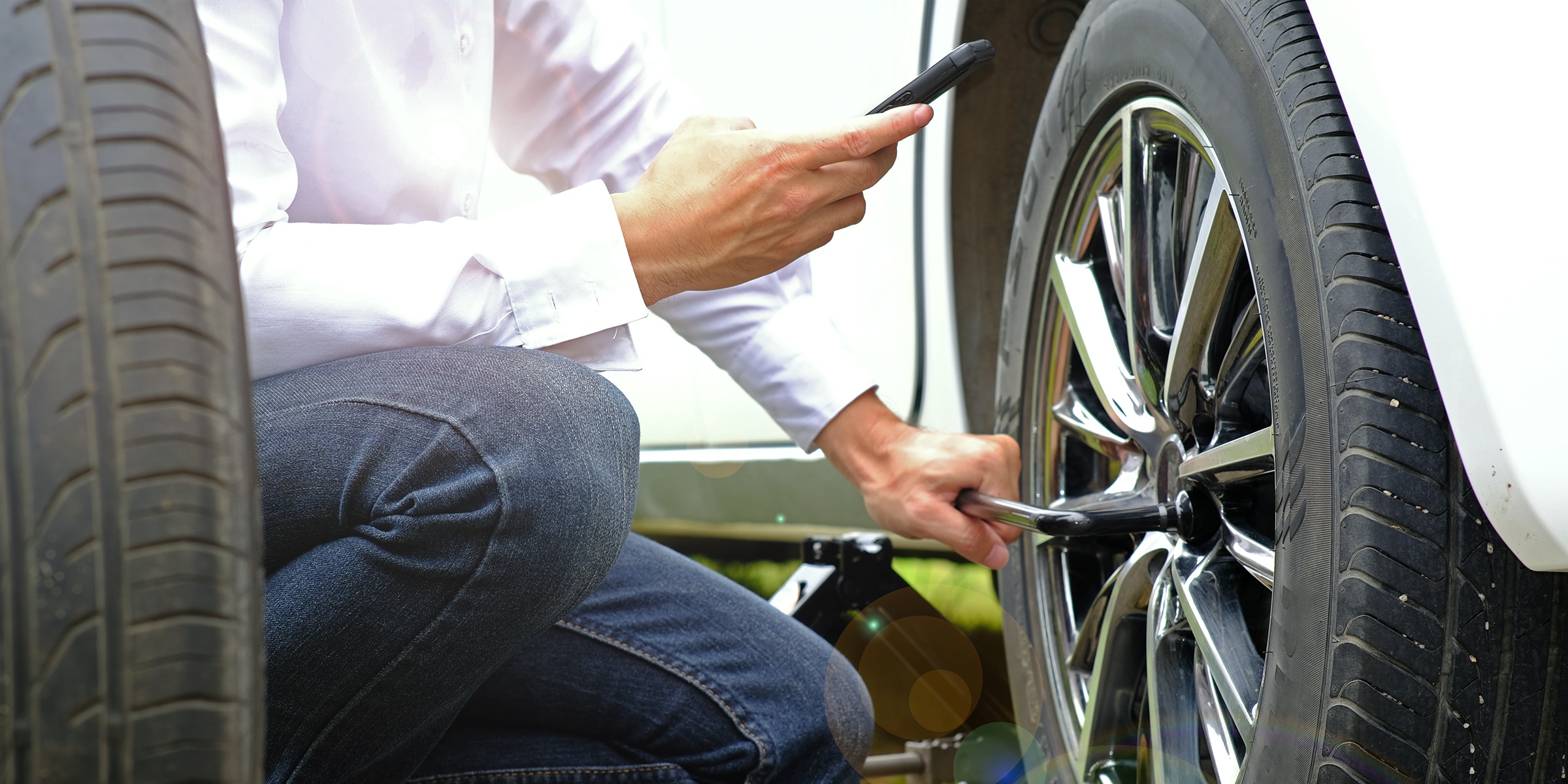Understanding the importance of regular tire maintenance is essential for any driver. Properly maintained tires can help improve vehicle performance, fuel economy, and safety, as well as extend the life of your tires. With that in mind, this article will provide tips to ensure you get the most out of your tires by keeping them in good condition.
Regularly checking pressure levels, inspecting tread wear, and performing necessary alignments are some of the key aspects of tire maintenance that should not be overlooked if you want to maximize their lifespan. Additionally, proper care and storage of spare tires are also important when it comes to ensuring they remain reliable when needed most. All these steps can help keep your car running smoothly while helping you save money in the long run.
Benefits of Regular Tire Maintenance
Regular tire maintenance is key to preserving the life and performance of your tires. Doing simple tasks such as properly inflating them, regularly rotating them, and checking for worn-out treads can help you get the most out of your car’s tires. Here are some of the benefits that come with proper tire maintenance:
- Increased fuel efficiency – Keeping your tires inflated helps reduce rolling resistance which increases fuel efficiency by up to 3%. This means more miles per gallon and less money spent on gas over time.
- Improved vehicle handling – Tires that are in good condition provide better traction, enabling you to have a better grip on the road while driving in any weather conditions or terrain. This improved handling makes it easier to avoid potential hazards when driving like road debris or slippery surfaces caused by rain or snowfall.
- Safer rides – Properly maintained tires make sure that they have enough tread depth which prevents hydroplaning and skidding during wet roads while providing much-needed stability during cornering at higher speeds along winding roads or highways alike as well as assisting in emergency braking situations where everyone split second counts.
- Longer lasting tires – Rotating your car’s wheels can greatly improve their lifespan since all four do not experience wear at the same rate due to factors such as weight distribution, alignment issues, or suspension problems amongst others so if these issues are addressed correctly then you will be able to extend their life significantly before needing a new set again saving both money and hassle for yourself down the line.
Steps for Proper Tire Care

Source: tirerack.com
- Regularly Inspect Tires: A visual inspection of your tires should be done at least once a month, and more often if you frequently drive on rough terrain or for long distances. Look for uneven wear patterns, bulges, cuts in the sidewalls, or any other signs that may indicate damage or improper inflation. Check your tire pressure every few weeks to ensure they remain properly inflated and rotate them as recommended by the manufacturer so each tire wears evenly over time.
- Take Care When Driving: Avoid sudden stops and starts when driving as this can cause excessive wear on the treads of your tires; instead accelerate gently when starting up from a stop sign to reduce strain on the rubber compounds of the tires and maximize their lifespan. Additionally, keep an eye out for potholes or other road hazards which can easily puncture a tire if not avoided quickly enough while driving.
- Monitor Tire Alignment & Balancing: Have regular alignments performed according to manufacturers specifications to help extend the life of your vehicle’s tires – misaligned wheels will cause uneven wear along with possible vibrations due to lack of balance across all four corners of the car/truck/SUV you are driving for it runs smoothly without unnecessarily wearing down its components prematurely.
- Clean Your Tires Regularly: Keeping your tires clean helps maintain traction and improve road grip in wet conditions; use soap specifically made for cars (not dishwashing liquid) mixed with water to avoid damaging them further and then rinse off before drying thoroughly with a soft cloth – don’t ever forget about cleaning off dirt buildup around lug nuts too!
Common Causes of Premature Tire Wear and Tear
When it comes to keeping your tires in good condition and avoiding premature tire wear and tear, there are a few common causes you should be aware of. Poor alignment is one of the most common reasons for tires wearing out faster than normal. If your vehicle has not been aligned correctly, or if it bumps around on rough roads, then this can cause undue strain on the treads leading to an accelerated breakdown. Another cause is overinflation or underinflation of tires which can lead to uneven wear and tear as well as decreased fuel efficiency.
Driving too aggressively can also cause excessive wear on your tires since more power leads to more friction between rubber and the road surface. Finally, incorrect wheel balancing may lead to increased vibration when driving at higher speeds which will reduce tire life even further. To ensure maximum performance from your tires, regular maintenance such as checking air pressure levels and getting alignment checks is essential – failure to do so could result in expensive repairs down the line!
Warning Signs That Your Tires Need Attention

Source: bauerbuilt.com
- Uneven tire wear: This is one of the first signs that your tires need attention. If you notice any uneven tread, it could be a sign that your tires are over-inflated or under-inflated and need to be checked immediately by an expert before they become dangerous.
- Vibrations in the steering wheel: It’s not uncommon to feel some vibration while driving, but if the vibrations start becoming more intense when turning corners or accelerating, then this could be a warning sign that something is wrong with your tires and needs immediate inspection.
- Cracks in rubber: Cracks around the edges of your tires sidewall can indicate damage or excessive use and should never be ignored as they can cause blowouts at high speeds which can lead to serious accidents on the road.
- Low air pressure: Tires naturally lose air over time due to temperature changes so it’s important to check them often for proper inflation levels – most experts recommend doing so at least once a month during regular maintenance checks. If you find yourself needing to fill up more often than usual then this could mean there is a leak somewhere and needs repair or replacement from an experienced technician right away!



